The transition to the Common Core State Standards (CCSS) represents an unprecedented opportunity to transform educational practice. The Bill and Melinda Gates Foundation has invested in the development and dissemination of high quality instructional and formative assessment tools to support teachers’ incorporation of the CCSS into their classroom instruction. Literacy experts developed a framework and a set of templates that teachers can use to develop content area modules focused on rigorous writing tasks closely tied to subject area texts. Math experts developed Formative Assessment Lessons that teachers can incorporate throughout the year’s curriculum. Both tools target the ‘instructional core.’ This initiative builds upon research of the past two decades that stresses teachers’ attention to high quality instructional tasks use of formative assessments embedded in those tasks and professional learning opportunities that attend to both content knowledge and instruction.This brief focuses on efforts to scale up and sustain broader use of the tools. It begins with an introduction in which ‘scale-up and sustainability’ is defined, providing the framework for this brief. The introduction also provides detail on the extent to which use of the tools has grown within study sites. In addition, we provide a review of the theory of action driving the LDC/MDC Initiative, highlighting the underlying conditions necessary for robust implementation to occur. The second section of the brief presents findings on the extent to which the supporting conditions necessary for robust LDC/MDC tool implementation – alignment, leadership and professional learning opportunities – are in evidence at the various study sites. The final section of the brief offers suggestions for supporting enhanced and expanded LDC/MDC tool implementation.
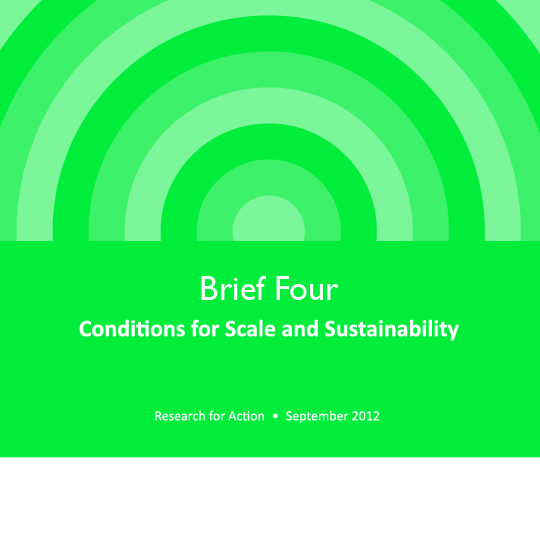
Brief Four: Conditions for Scale and Sustainability
Stephanie Levin , Mark Duffy , Kelly Piccinino
Date: September 2012
Related Publications
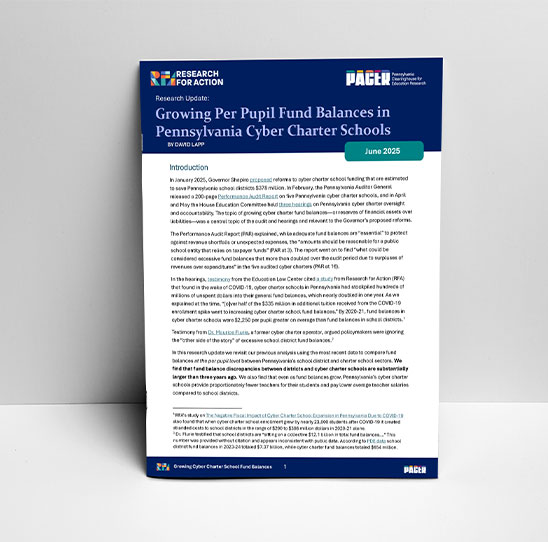
Publication
Growing Per Pupil Fund Balances in Pennsylvania Cyber Charter Schools
David Lapp
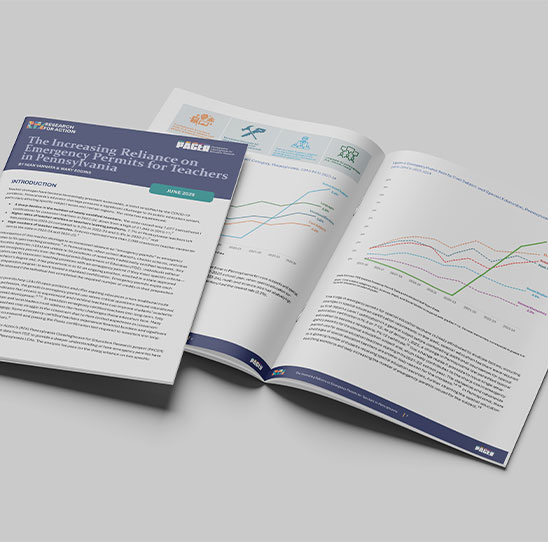
Publication
The Increasing Reliance on Emergency Permits for Teachers in Pennsylvania
Sean Vannata, Mary Eddins

Publication
Small But Mighty – An Audio Documentary
Siettah Parks, Kevin Burgess, Alita Robinson, Mary Eddins
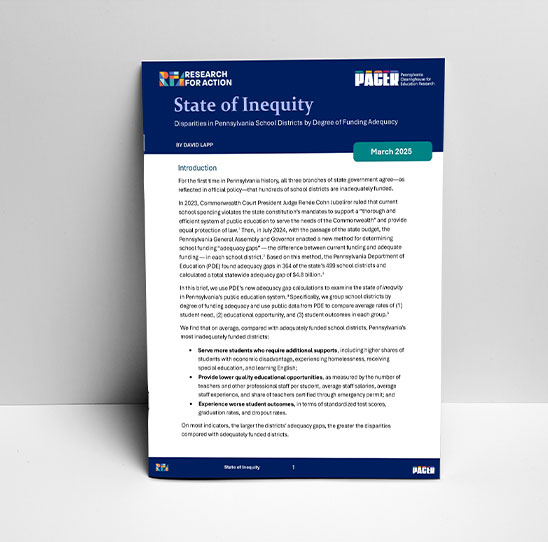
Publication
State of Inequity: Disparities in Pennsylvania School Districts by Degree of Funding Adequacy
David Lapp

Publication
Patterns of Student Mobility Among English Learner Students in Public High Schools in Philadelphia
Lindsey Liu, Sean Vannata
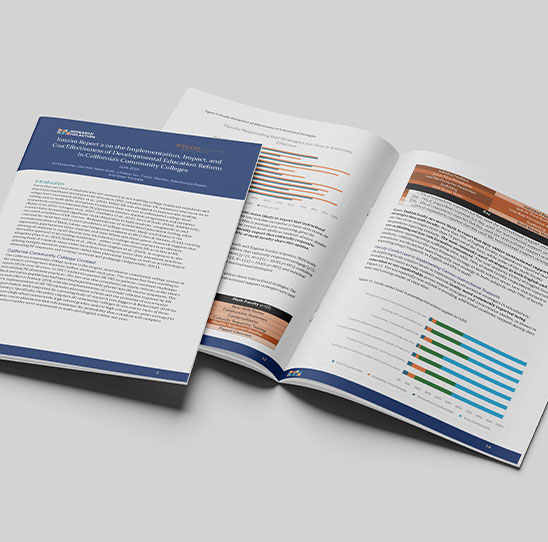
Publication
Interim Report 2 on the Implementation, Impact, and Cost Effectiveness of Developmental Education Reform in California’s Community Colleges
Kri Burkander, Dae Y. Kim, Mark Duffy, Lindsey Liu, Taylor Stenley, Keerthanya Rajesh, Sean Vannata
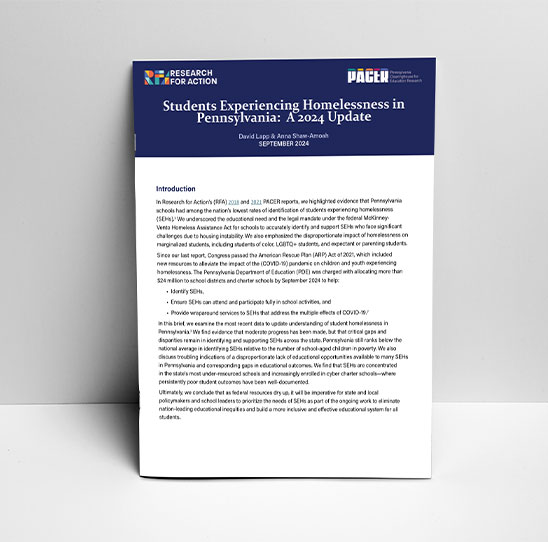
Publication
Students Experiencing Homelessness in Pennsylvania: A 2024 Update
David Lapp, Anna Shaw-Amoah

Publication
The When and How of Keystone Exams in the School District of Philadelphia
Molly Pileggi, Sean Vannata, Alyn Turner
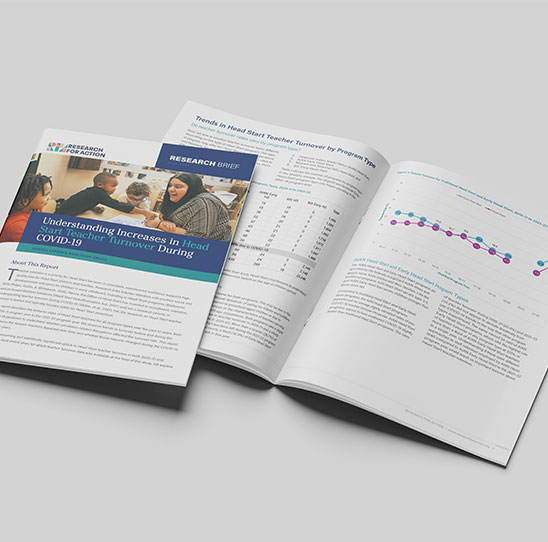
Publication
Understanding Increases in Head Start Teacher Turnover During COVID-19
Kendall LaParo, Anna Shaw-Amoah
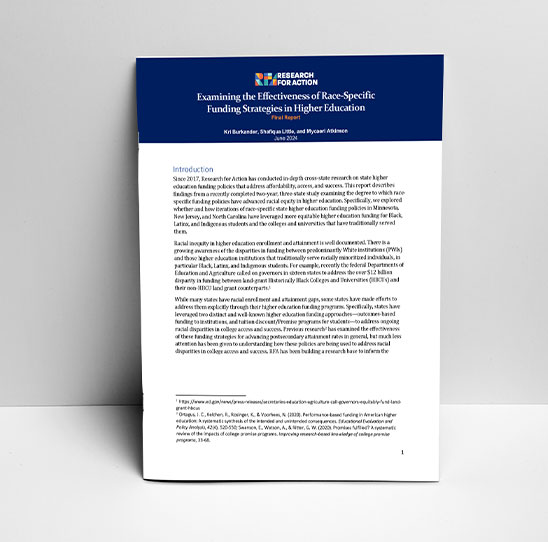
Publication
Examining the Effectiveness of Race-Specific Funding Strategies in Higher Education
Kri Burkander, Shafiqua Little, Mycaeri Atkinson
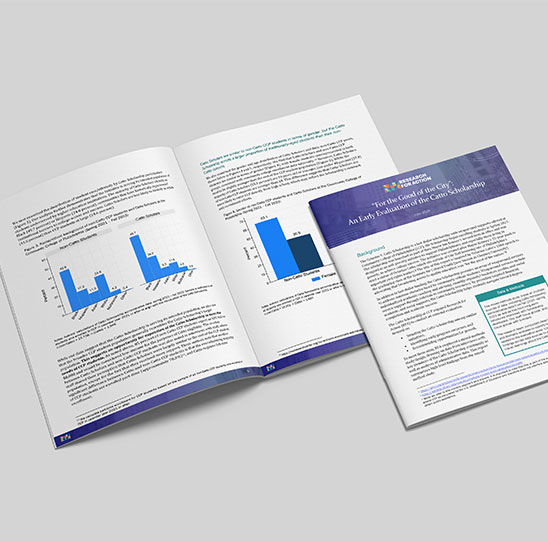
Publication
“For the Good of the City” An Early Evaluation of the Catto Scholarship
Kri Burkander, Karin Gegenheimer, Alita Robinson
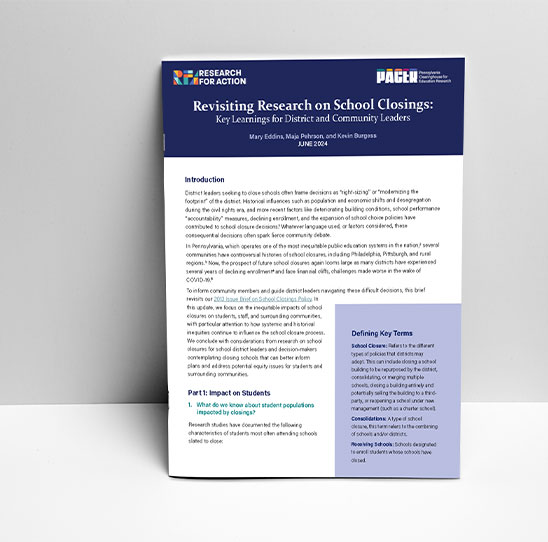
Publication
Revisiting Research on School Closings: Key Learnings for District and Community Leaders
Mary Eddins, Maja Pehrson, Kevin Burgess